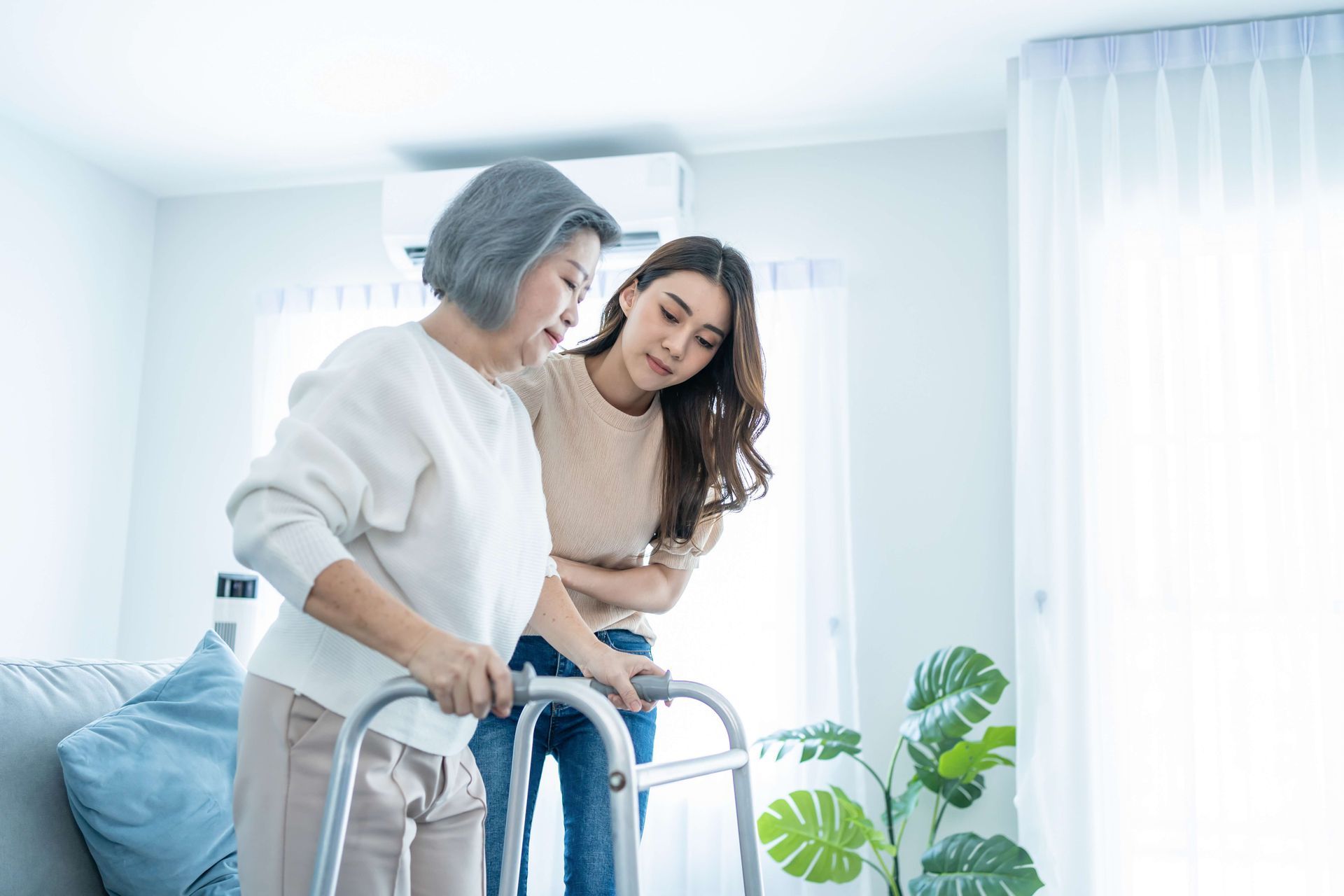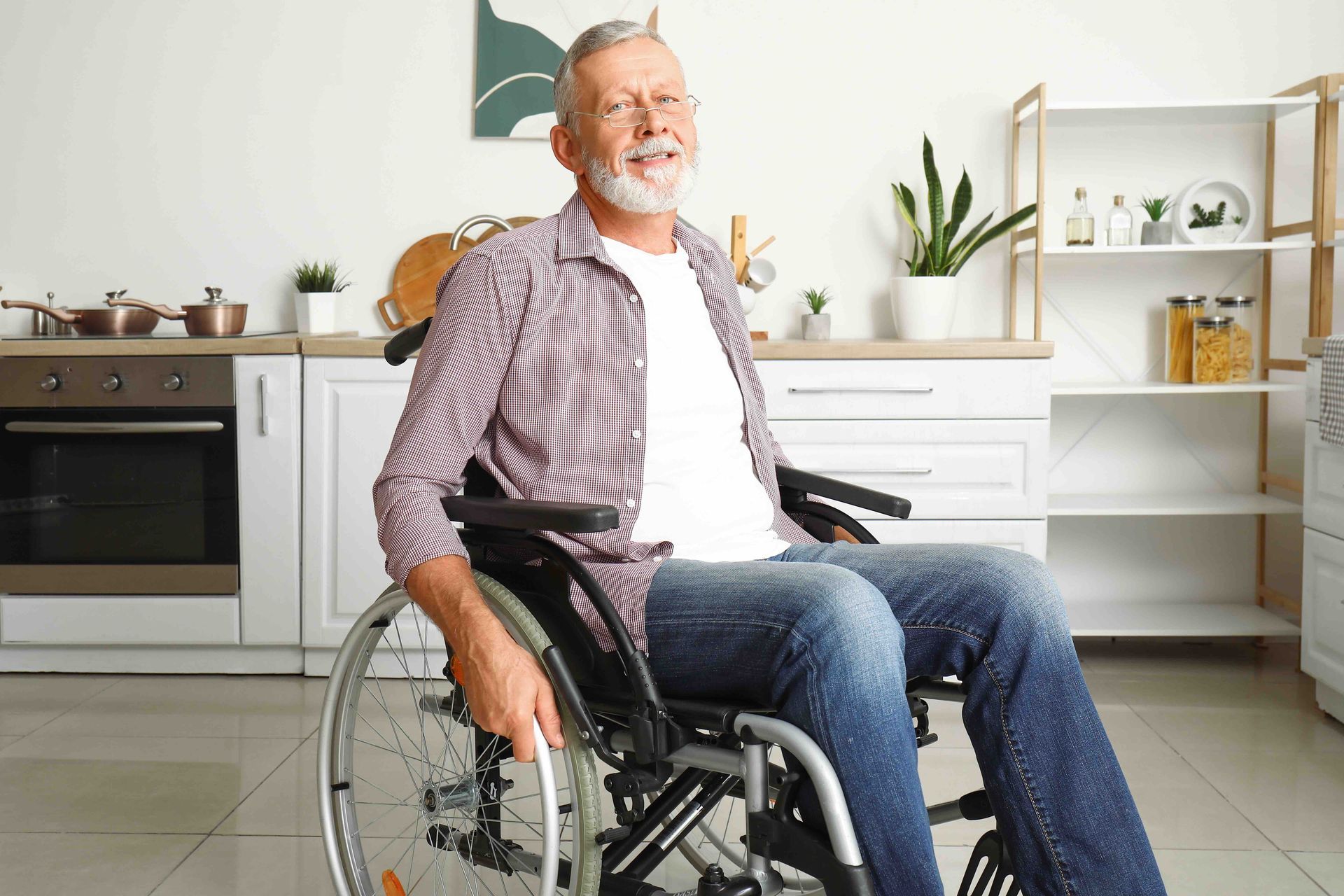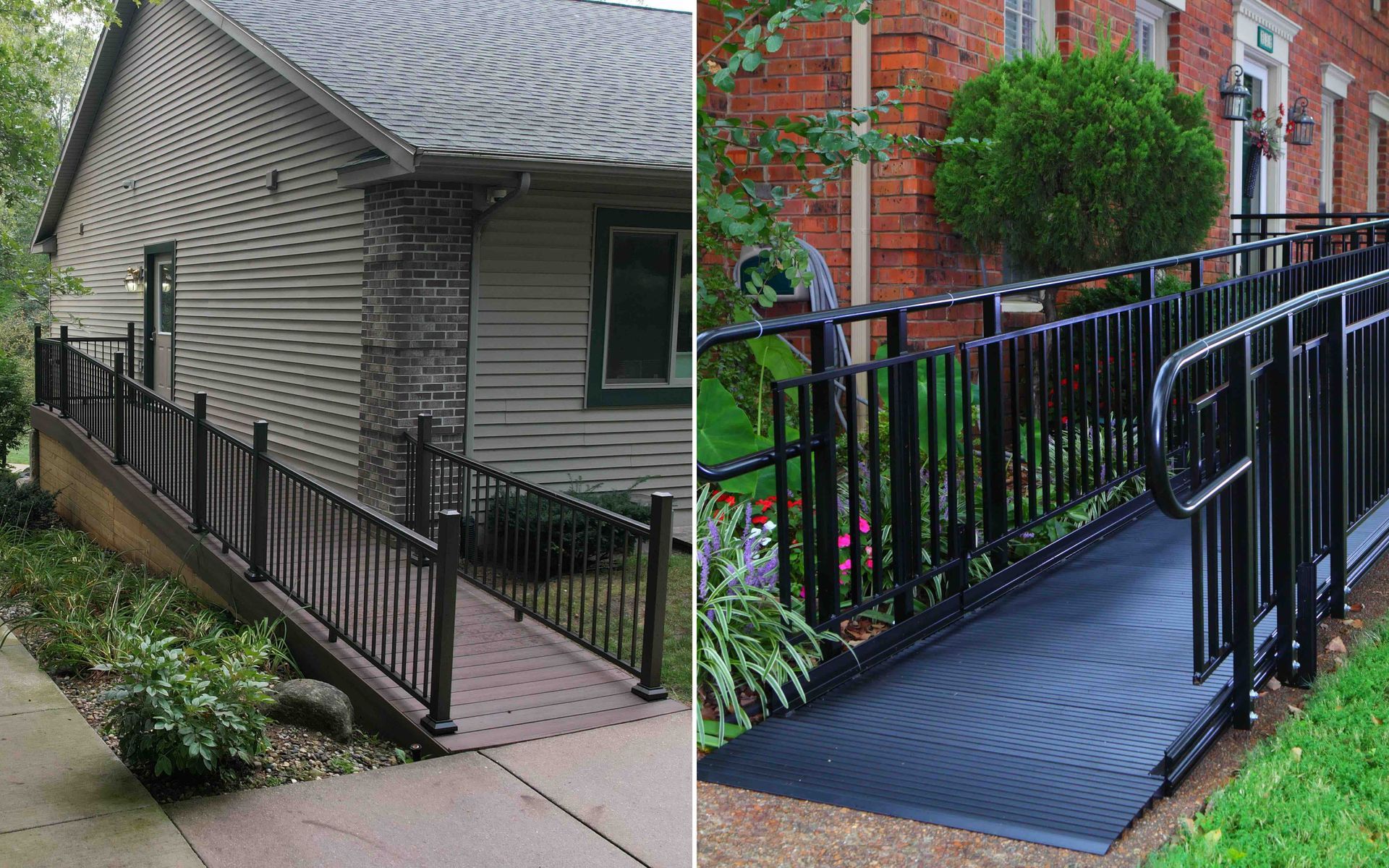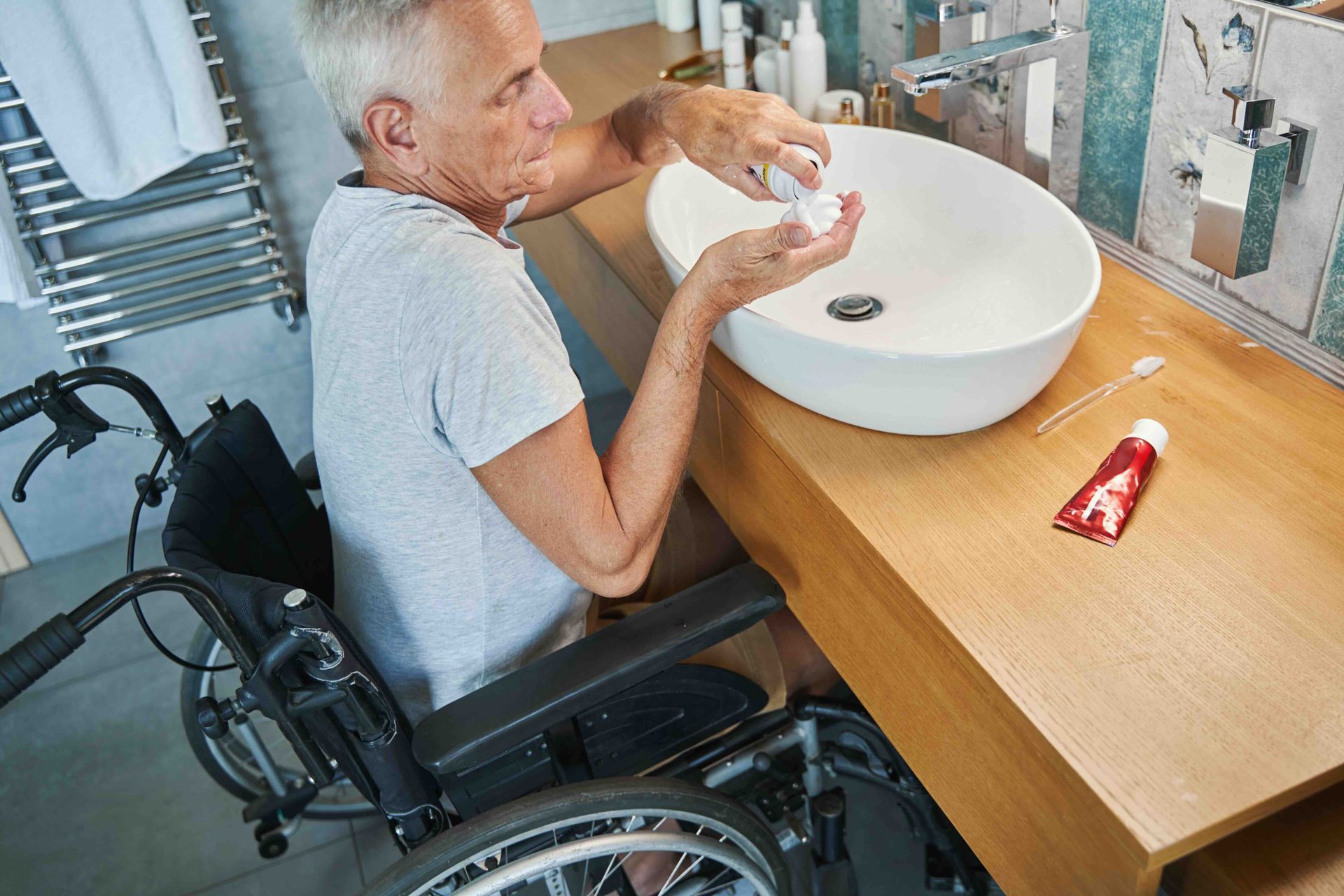Caregivers can help enhance the quality of life for veterans by advocating on their behalf and helping them find services for their unique needs.
Veterans are the backbone of our nation's security, having selflessly served in times of conflict to defend our freedoms. Their sacrifices, both on and off the battlefield, deserve our unwavering gratitude and long-term support. Caring for veterans goes beyond ceremonial gestures; it's a lifelong commitment to ensuring their physical and mental well-being.
The transition from military service to civilian life can be challenging. Veterans may grapple with physical injuries sustained during combat as well as the invisible wounds of war, such as post-traumatic stress disorder (PTSD) and traumatic brain injury (TBI). These challenges can manifest in various ways, impacting employment, relationships, and overall quality of life.
1. Addressing the Spectrum of Veteran Needs
Veterans' healthcare requirements are as diverse and unique as the individuals themselves. Their experiences range from routine check-ups to managing complex health issues stemming from their service. Here's a closer look at the spectrum of care veterans may require:
Routine Physical Care
Preventive check-ups, management of chronic conditions like diabetes or heart disease, and addressing any acute illnesses are all crucial aspects of veteran healthcare.
Traumatic Brain Injury (TBI) Care
TBIs are a common consequence of combat, and veterans may experience symptoms like headaches, cognitive difficulties, and balance problems. Specialized treatment plans can help manage these issues and improve quality of life.
Post-Traumatic Stress Disorder (PTSD) Treatment
PTSD can significantly impact a veteran's mental and emotional well-being. Evidence-based therapies, such as cognitive behavioral therapy (CBT), can be highly effective in managing symptoms and promoting healing.
Addressing Emotional Needs
Veterans may experience anxiety, depression, or other mental health challenges related to their service. Access to mental health professionals who understand the unique challenges faced by veterans is essential.
Rehabilitation Services
Physical injuries sustained during combat can necessitate rehabilitation programs to regain strength, mobility, and independence. Occupational therapy can also help veterans re-learn essential skills for daily living.
Nutritional and Dietary Needs
Proper nutrition is vital for overall health and recovery. Veterans may require specialized dietary plans based on their injuries or health conditions.
Wound Injury and Trauma Management
Both acute and chronic wounds require proper care to prevent infection and promote healing. Veterans may benefit from specialized wound-care services.
This list is not exhaustive, and the specific needs of each veteran will vary depending on their unique experiences. However, it highlights the importance of comprehensive healthcare systems equipped to address the diverse physical and mental health challenges faced by veterans. By providing tailored support and access to specialized services, we can ensure veterans receive the care they deserve and live healthy, fulfilling lives.
2. Making Proper Home Modifications for Your Aging Veteran
Helping our veterans age comfortably in their own homes is a noble pursuit. Lakeshore Barrier-Free provides many home modifications that can greatly improve the quality of life of your vet, including patient lifts and temporary and permanent ramps.
Enhancing Accessibility
- Entrance and Exits: Install ramps for smooth entry and exit, especially if steps lead into the house. Consider wider doorways to accommodate wheelchairs or walkers.
- Bathroom Safety: Grab bars around the shower, bathtub, and toilet are essential for maintaining balance. A raised toilet seat and a handheld showerhead can also provide additional support.
- Kitchen Accessibility: Lower cabinets and countertops for easier reach. Install pull-out shelves and drawers for improved organization and access to items in the back.
Improving Navigation
- Flooring: Replace loose carpets or uneven surfaces with non-slip flooring to prevent falls. Consider low-pile carpets for easier maneuvering.
- Lighting: Increase lighting throughout the house, especially in hallways, bathrooms, and stairways. Install night lights for better visibility at night.
- Door Levers: Replace doorknobs with lever handles for more effortless opening and closing, particularly for those with limited hand strength.
Lakeshore Barrier-Free also offers a veteran's resource page to get you started.
3. Addressing the Mental and Emotional Needs of Veterans
The impact of military service extends far beyond physical injuries. Many veterans grapple with invisible wounds—the mental and emotional challenges arising from their experiences. These can include:
Post-Traumatic Stress Disorder (PTSD)
PTSD is a debilitating condition triggered by a terrifying event. Veterans who have faced combat or other traumatic situations may experience flashbacks, nightmares, hypervigilance, and difficulty controlling emotions.
Depression
The weight of combat stress, injuries, and readjusting to civilian life can lead to depression in veterans. Symptoms can include feelings of hopelessness, worthlessness, and a loss of interest in activities once enjoyed.
Suicidal Thoughts and Hopelessness
The emotional toll of war and the challenges of reintegration can lead to suicidal thoughts and feelings of despair. It's crucial to address these issues promptly and provide veterans with the support they need.
Anxiety
Combat environments and the uncertainties of war can trigger anxiety in veterans. This can manifest as constant worry, difficulty relaxing, and physical symptoms like rapid heartbeat and shortness of breath.
The VA's Commitment to Mental Health
The Department of Veterans Affairs (VA) recognizes the importance of mental health care for veterans and is dedicated to providing a recovery-centered approach. This means focusing on empowering veterans to manage their symptoms and rebuild their lives. Here's a look at the resources available:
Accessible Mental Health Care
VA medical centers and clinics offer mental health services, including individual therapy, group therapy, and medication management. Veterans can receive primary care for mental health check-ups and initial interventions, while more specialized care is available for complex cases.
Telehealth Services
The VA offers telehealth options, allowing veterans to access mental health care from the comfort of their homes. This can be particularly beneficial for veterans in rural areas or those who face transportation challenges.
Peer Support Programs
Connecting with other veterans who understand the challenges of combat and readjustment can be incredibly helpful. The VA offers peer support programs that provide a safe space for veterans to share their experiences, find camaraderie, and build a support network.
Seeking Help is a Sign of Strength
Addressing mental and emotional health is just as important as physical well-being. If you are a veteran struggling with any of these issues, know that you are not alone. The VA offers confidential mental health services, and seeking help is a sign of strength and a commitment to your own well-being.
Remember, there is hope and support available. Reaching out for help can be the first step towards healing and reclaiming your life.
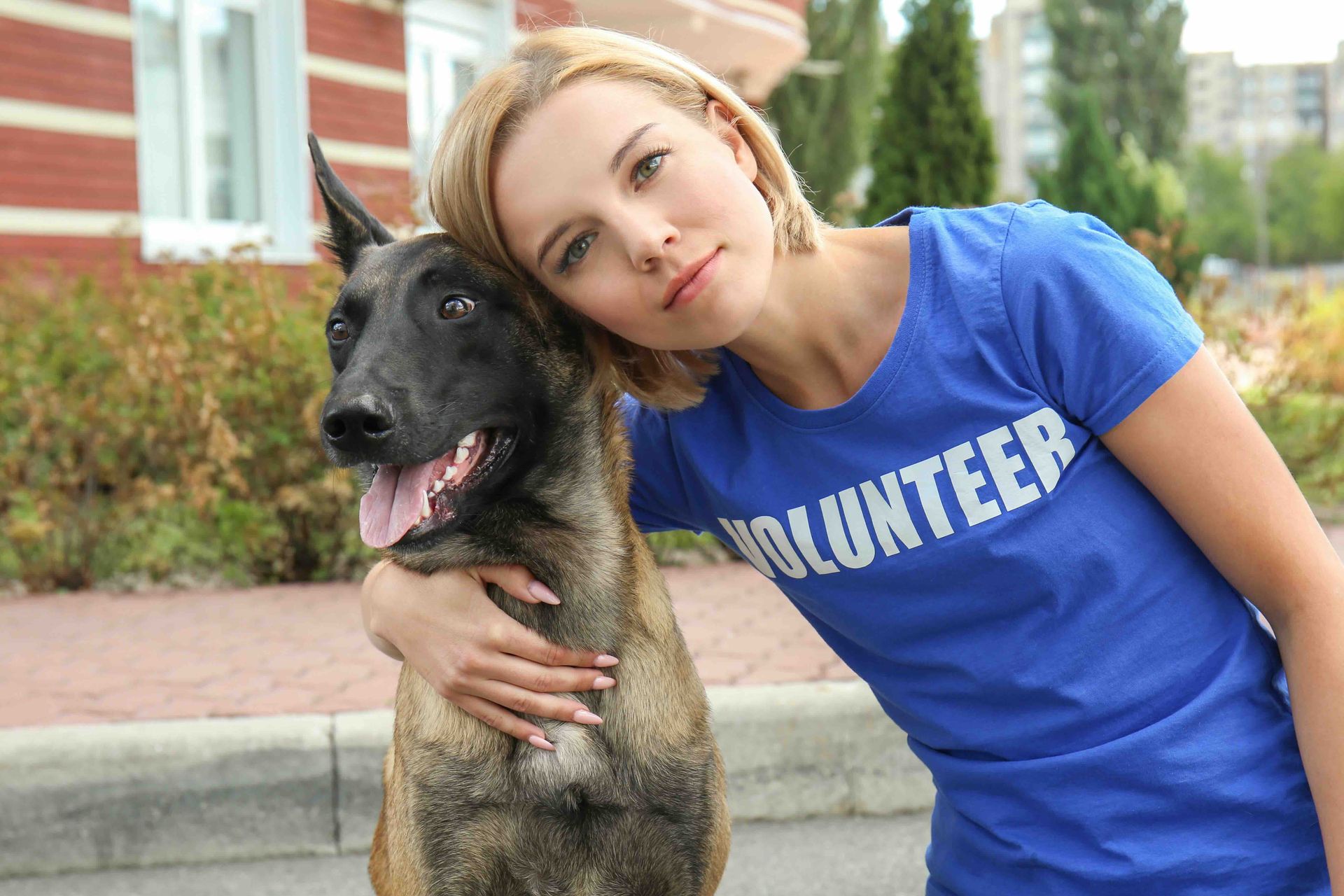
4. Activities to Enhance Veteran Quality of Life
Beyond essential medical care, veterans deserve a fulfilling and enriching life after their service. Caregivers can play a pivotal role in promoting a veteran's well-being by engaging them in activities that foster a sense of purpose, connection, and joy. Here are some ways to make a positive difference:
Honoring Their Stories
Veterans carry a wealth of life experiences. Encourage them to share stories from their service or younger days. Actively listen and create a space where they can reminisce and feel valued for their experiences. These conversations can be incredibly meaningful and create a deeper bond between caregiver and veteran.
The Power of Giving Back
Military service is often fueled by a desire to serve the greater good. Even after active duty, veterans may feel a strong urge to continue contributing. Help them find volunteer opportunities that align with their interests and skills. Whether it's volunteering at a local veteran's center, mentoring at-risk youth, or participating in community clean-up projects, giving back provides a sense of purpose and fosters social interaction.
The Comfort of Routine
Many veterans thrive on structure and predictability. Establishing a daily routine can provide a sense of normalcy and security. This doesn't necessarily require rigid scheduling, but rather creating a framework for the day with regular activities and mealtimes. This structure can be particularly helpful for veterans struggling with anxiety or post-traumatic stress disorder.
Building a Supportive Community
The camaraderie experienced in the military can be deeply missed in civilian life. Help veterans connect with others who share similar backgrounds and experiences. This could involve joining veteran support groups, participating in veteran-specific sporting events, or connecting with local chapters of veteran service organizations. Having a strong social network reduces feelings of isolation and provides a sense of belonging.
Navigating Resources: Be an Advocate for Your Veteran at Home
For years, veterans have served as our advocates, safeguarding our freedom and security. Now, it's time to be their advocates. Caregivers can play a crucial role in helping veterans access the resources and support they deserve. Here's how:
VA Benefits
The Department of Veterans Affairs offers a wide range of benefits, including healthcare, disability compensation, and educational assistance. Assist veterans in navigating the application process and ensure they receive the full support they're entitled to. View other veteran resources on our website.
Mental Health Solutions
Finding the right mental health care can be challenging. Help veterans explore their options, connect with qualified mental health professionals, and schedule appointments. Be a supportive presence throughout their treatment journey.
Daily Activities
Engaging in everyday activities can significantly enhance the quality of life. This could involve accompanying veterans to doctor's appointments, assisting with errands, or simply enjoying shared hobbies. These interactions create a sense of companionship and combat feelings of isolation.
By incorporating these activities into a veteran's life, caregivers can make a significant contribution to their overall well-being. Remember, veterans have dedicated their service to our security; it's our turn to ensure they have a fulfilling and enriching life after their service.
TALK TO THE EXPERTS OF LAKESHORE BARRIER FREE TODAY!
We believe that everyone should have access to every area of their home! We work directly with you to make sure that every grab bar, bathroom sink, kitchen countertop, patient lift, and more is at the perfect location for you and your loved ones. Call us at
(616) 477-2685 or email us at
Info@LakeshoreBarrierFree.com
Share this blog


